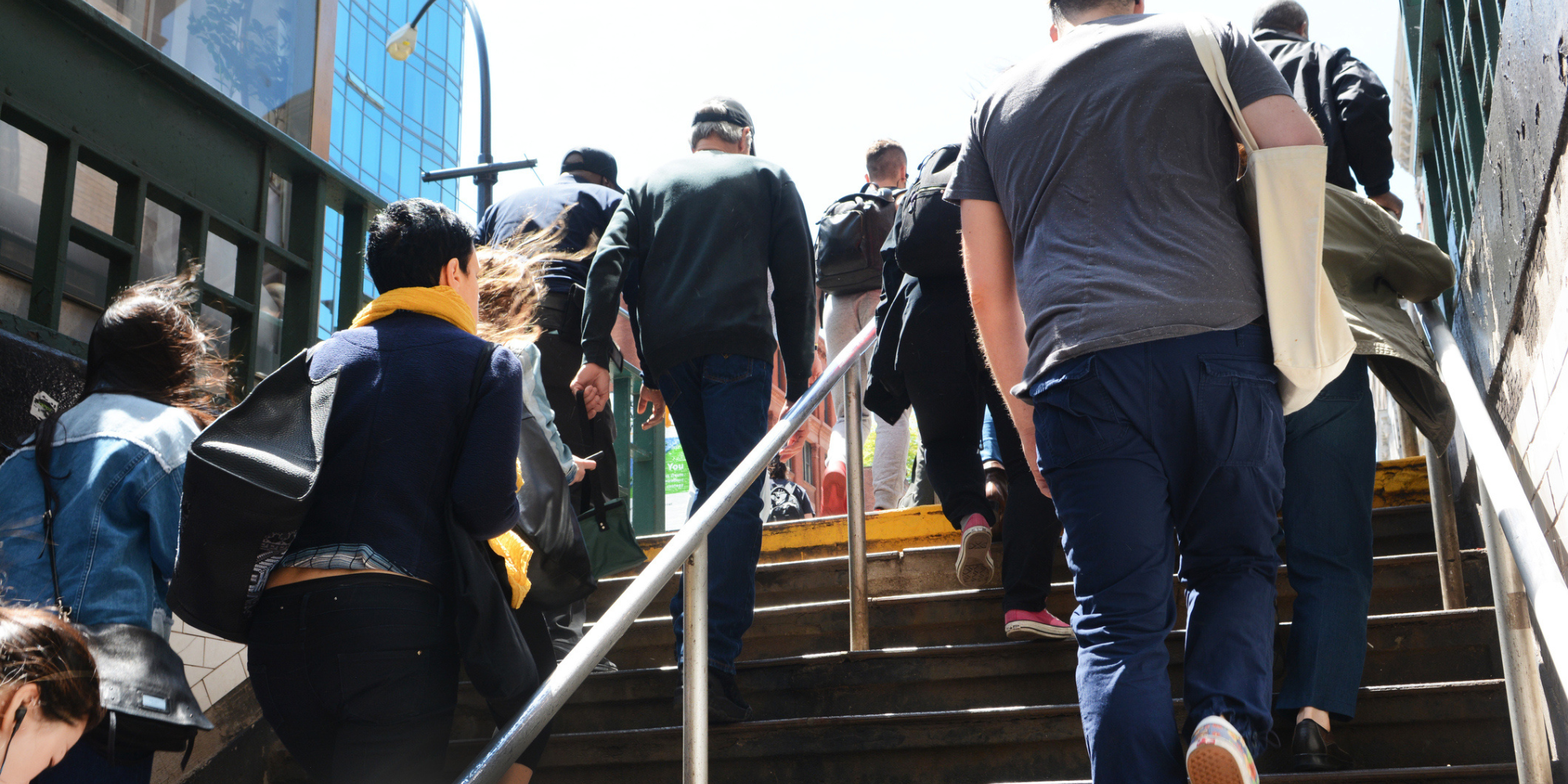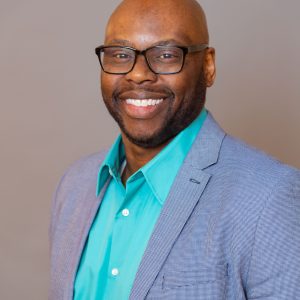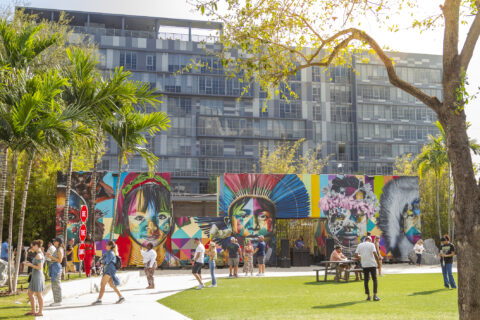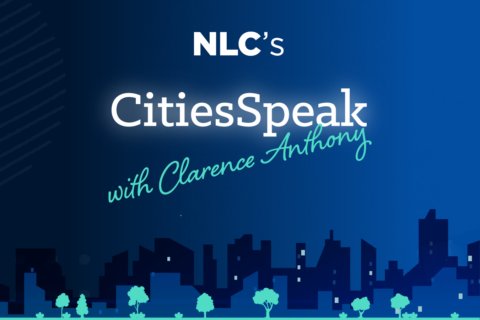In April, we released a blog titled “Second Chance Month: Leading the Way Towards Restorative Justice – National League of Cities (nlc.org)” that outlined the importance of providing opportunities for returning citizens in cities, towns and villages across the country. NLC believes that in order to drive home this important issue in cities, we must internally reflect that we value second chances. One way that we have worked to do that, is through the Municipal Reentry Leaders Network (MRLN), a peer learning space for those in cities working to support residents as they transition home from incarceration.
Additionally, over the last several months, Mustafah Muhammad, a Georgetown Pivot Fellow has been interning with the Justice Initiatives team within the Institute for Youth Education and Families. Mustafah is the second Pivot Fellow to join the team and support this important work. Below, he reflects on that experience:
“Being a Justice Initiatives/ Institute for Youth, Education and Families Intern here at NLC has been a blast! I have truly learned what it means to work together with city leaders to address the concerns of communities within municipalities all over the country. I was able to connect with many resources regarding the importance of amplifying racial equity in black and brown communities in hopes to further my network and future endeavors in creating what I like to call “Safe Passage for Returning Citizens”. NLC has also opened my eyes up to ‘office life’, what it looks and feels like to function in a space that was before these last few months, foreign to me.
As far as cities- by prioritizing returning citizens in their local workforce, they are in turn showing that they care about their future and their economic development. Those returning home after incarceration are in a delicate situation, not knowing if they have a place to go or a way to provide for themselves can create grounds to resort back to criminal behavior. Throughout my time here, I attended some great meetings with higher educational directors, and city leaders through the Municipal Reentry Leaders Network (MRLN) who share a common goal to make cities safer and more productive- specifically for those in marginalized communities.
There are more than 600,000 people released from prisons and jails across America each year. In my work alongside the Justice Initiatives team, and in line with the MLRN, I see the vision to help improve the quality of city justice systems, specifically for and including people like me. By holding these meetings with cities, we are able to give our community leaders a voice and work toward more equitable and safe cities for all- and there is so much more work to be done!”
Since the launch of the MRLN, over 80 people have registered to attend the virtual meetings where conversations around housing for returning citizens and city-led reentry efforts have flourished. The need for a space to connect cities to one another and to federal resources while also amplifying the voices of returning citizens –builds energy around this network. During the June 2022 Network meeting-in addition to hearing about federal reentry housing priorities from Dr. Richard Cho, the Sr. Advisor for Housing and Services of the US Department of Housing and Urban Development- attendees heard from local leaders from Dallas, San Francisco, and Philadelphia about the ways in which they are working to improve housing opportunities for those returning home from jails and prisons to their cities.
While jails and prisons are often under the jurisdiction of counties and states (or the federal government)- we know that it is cities, towns and villages that residents return home to after serving time behind the walls of these institutions. Access to safe supportive housing, resources, healthcare (physical and mental) and the opportunity for a real second chance lies with local leaders and their communities. Following the lead of those impacted by incarceration is a necessary part of this journey. At NLC, we are just beginning to rectify the lack of representation of impacted voices on our staff and within our networks- and as we take this journey, we will encourage cities to do the same and amplify those that are ahead of us in this space.









